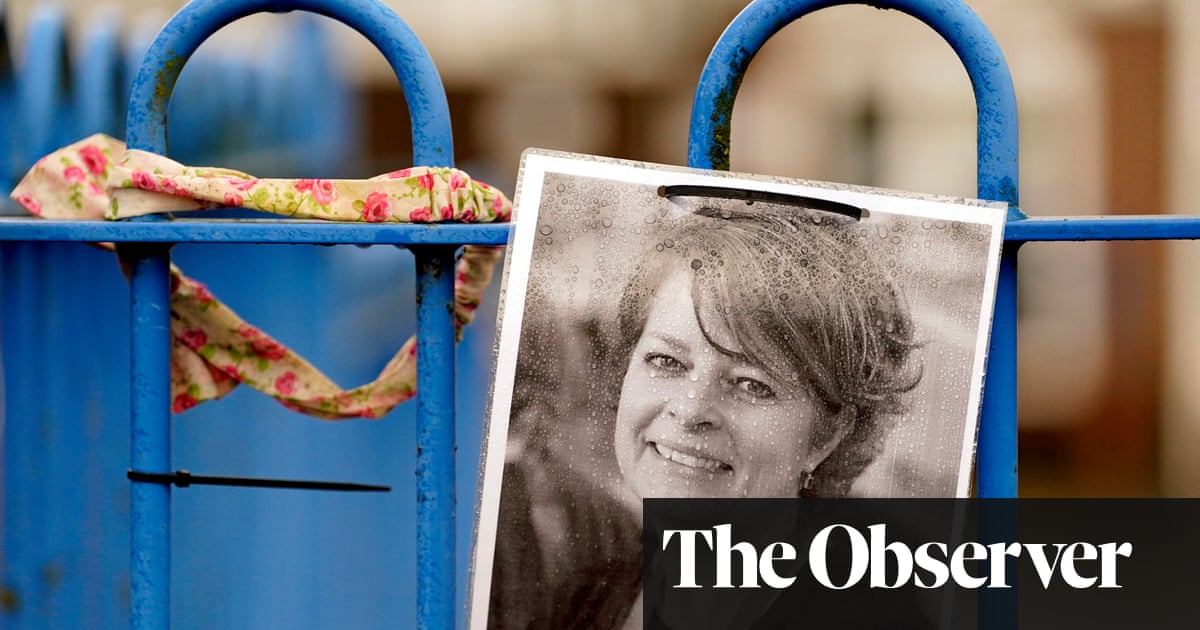
All school leaders should receive suicide prevention training to help tackle a “mental health emergency” among teachers, under a plan unanimously backed by a vote by union members.
A workforce survey of members of the NASUWT teaching union found that some teachers had been driven to the point of suicide by the stress of the job.
Among 12,000 responses, 23% reported drinking more alcohol, 12% the use of or increased use of antidepressants, and 3% said they had self-harmed as a result of their work.
The results and emotional testimony from delegates about colleagues who had taken their own lives or planned to do so prompted members to back a suicide prevention strategy for teachers at the union’s annual conference in Harrogate, North Yorkshire, on Sunday.
It urged the union’s executive to campaign for staff trained in mental health first aid in all schools and colleges, and fully funded mandatory mental health training.
The primary school headteacher Ruth Perry killed herself while awaiting the outcome of an Ofsted report. There have been reports of at least eight other teacher suicides linked to Ofsted reports.
The proposer of the motion, Row Martin, listed a number of teachers who had taken their own lives in recent years, including Perry. “We cannot afford to lose any more teachers,” she said. Delegate Kuldip Hoonjan from Leicestershire told the conference that two of her teacher friends had taken their lives.
The unanimously carried motion warned of a “rise in suicide, suicide attempts and suicidal thoughts” among teachers, and said the union was concerned the number “will only increase”.
One teacher from Fife told the conference she had had suicidal thoughts after starting at a school with challenging pupil behaviour. “I’ve been in a very dark place in these last few months, to the point where I have repeatedly thought of suicide,” she said. “I have also thought about leaving a career of 20 years.”
Delegate Karen Brocklebank said the “stresses of rigorous classroom inspections, government targets, unmanageable amounts of paperwork and 50-hour-plus working weeks” had caused an increase in suicide rates and serious mental health problems among school staff.
Another delegate, Claire Ward, spoke of a colleague who had confided in her that they planned to kill themselves. “I was shaking,” she said. “I couldn’t think of anything other than what had happened for days. It woke me up for weeks on and off.”
Richard Kempa, a delegate from Northamptonshire, said: “Mental health is in crisis in our profession. It is a crisis. There’s no getting away from it.”
A Department for Education spokesperson said: “We recognise the extraordinary work that headteachers, teachers and other staff in schools provide, and we take their wellbeing very seriously.”












